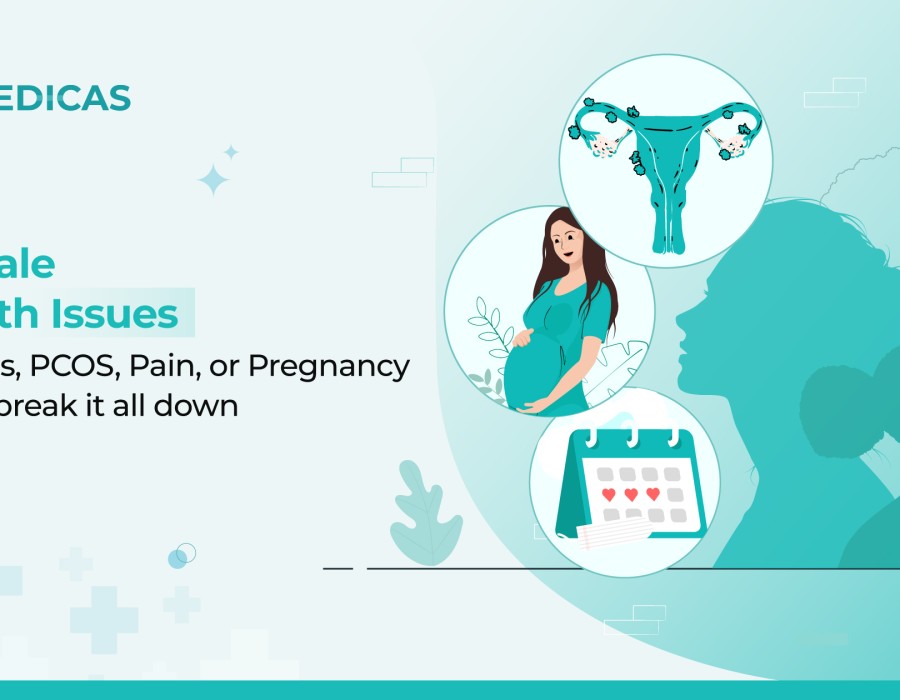Women’s health is a journey that evolves with every stage of life—from puberty and reproductive years to menopause and beyond. With so many changes, it’s no surprise that female health concerns are among the most Googled topics. While the internet can provide quick answers, it often leaves women confused with conflicting or unreliable information.
Some of the most common issues include hormonal imbalances like PCOS, thyroid disorders, and menopause-related changes that affect periods, weight, skin, and mood. Menstrual irregularities such as painful cramps, missed cycles, or heavy bleeding are often dismissed but may signal underlying conditions requiring medical care.
Fertility problems and endometriosis can affect both reproductive health and quality of life, making timely diagnosis and treatment crucial. In addition, mental health concerns like anxiety and depression, often linked to hormonal and life transitions, highlight the need for holistic care. Women are also at higher risk of osteoporosis, making nutrition, exercise, and bone screenings important.
Regular gynecological visits, Pap smears, HPV testing, and open conversations with healthcare providers remain key to prevention and early intervention. Understanding your body, tracking symptoms, and seeking timely medical advice can make navigating female health less overwhelming and more empowering.





Comments